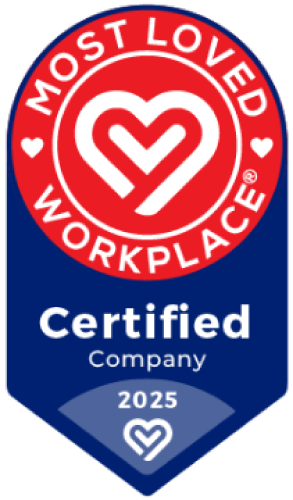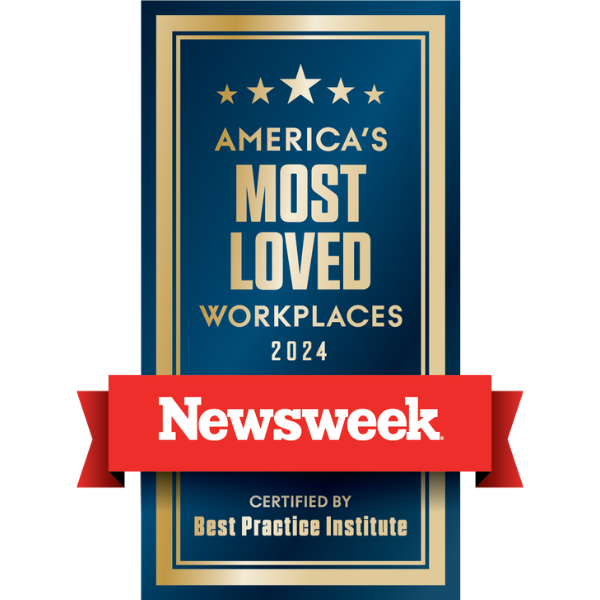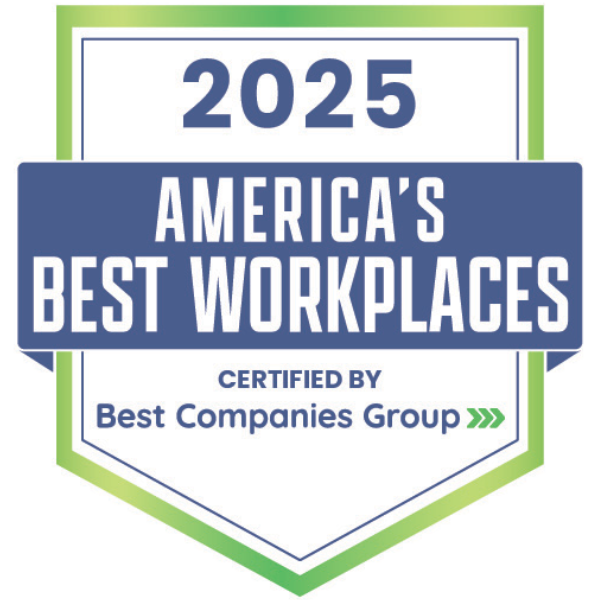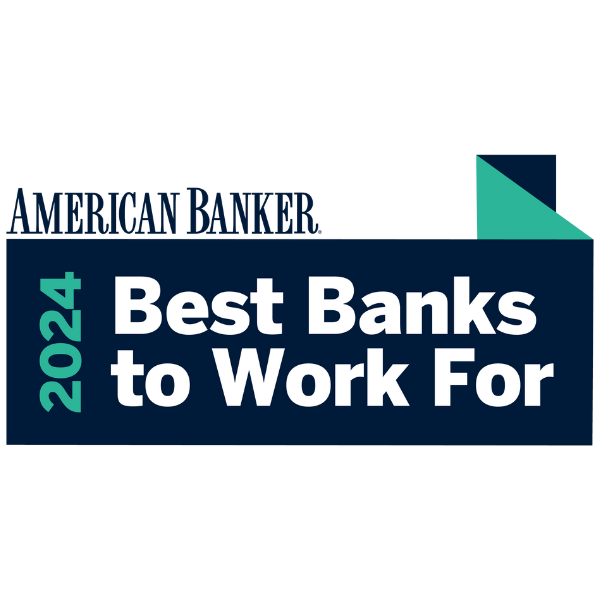Buying or Leasing Equipment
If your small business is in the market for new equipment, you may be wondering if you should lease it or go ahead and buy it. Both leasing and buying have their advantages and disadvantages, so it’s important to determine which path is best for your needs.

Pros of Buying
When you buy your equipment, you own it, so you are free to do with it as you wish. If you want to make modifications to it, you can do so. If you want to sell it, you can. If you’re not paying on a loan you took out to buy it, you are not financially beholden to anyone else once you’ve made the purchase. There’s no long-term financial commitment. It is worth noting, however, that you can purchase equipment using a small business loan if you need to buy something you don’t have the cash on hand.
Buying is cheaper than leasing overall. With a lease, you will likely be paying for an extended period of time, and the total amount will probably be significantly higher than if you purchased the equipment. You can also write off the cost of equipment at tax time.
Cons of Buying
On the flipside, buying equipment can be a major expense, and compared to leasing, the upfront cost will be much higher. It can also have a negative on your cash flow if you aren’t prepared. The equipment will also decline in value over time, so even if you’re able to sell it later, you probably won’t get nearly the amount you paid for it.
When you own the equipment, you’re completely responsible for it. That means if something breaks down, the burden is on you to have it repaired.
There’s also the possibility that you’ll find yourself stuck with something that you have second thoughts about later. You may find that you’re not satisfied with your purchase, but you may or may not be able to afford to replace it with an alternative.
Pros of Leasing
Leasing is ideal when you don’t want to pay a large amount upfront. This can be beneficial to your cash flow situation. You may also be able to get better, and more expensive, equipment since the entire sum isn’t owed at the beginning of the agreement. This may help you get a competitive advantage and/or increase productivity and efficiency. You can also avoid being stuck with equipment that is outdated or not as helpful as you thought it would be.
With a lease, you may not be responsible for all repairs, depending on your agreement, which can ease the burden that comes with buying the equipment. Leasing also has its own tax benefits as monthly payments might be deductible throughout the lease.
Cons of Leasing
With leasing, however, the equipment will be more expensive over time. You’ll be spending money on something that provides you with no equity. You won’t be able to sell it and get some of your money back. You may also be stuck in an agreement that lasts longer than the duration of your need for the equipment.
While you may get some help with repairs, there is also a potential downside to that. Often times equipment maintenance can be up to the leasing company’s specifications.
There are reasons to buy and reasons to lease. The decision you make will ultimately depend on what you expect from the equipment, your financial situation, and the terms that you find most suitable.
Always check in with a business banker to help assistance you in making the best decision for yourself. Contact one of our bankers today!
Ready for What’s Next?
Have questions? Ready to start building a relationship with one of our experienced bankers?
